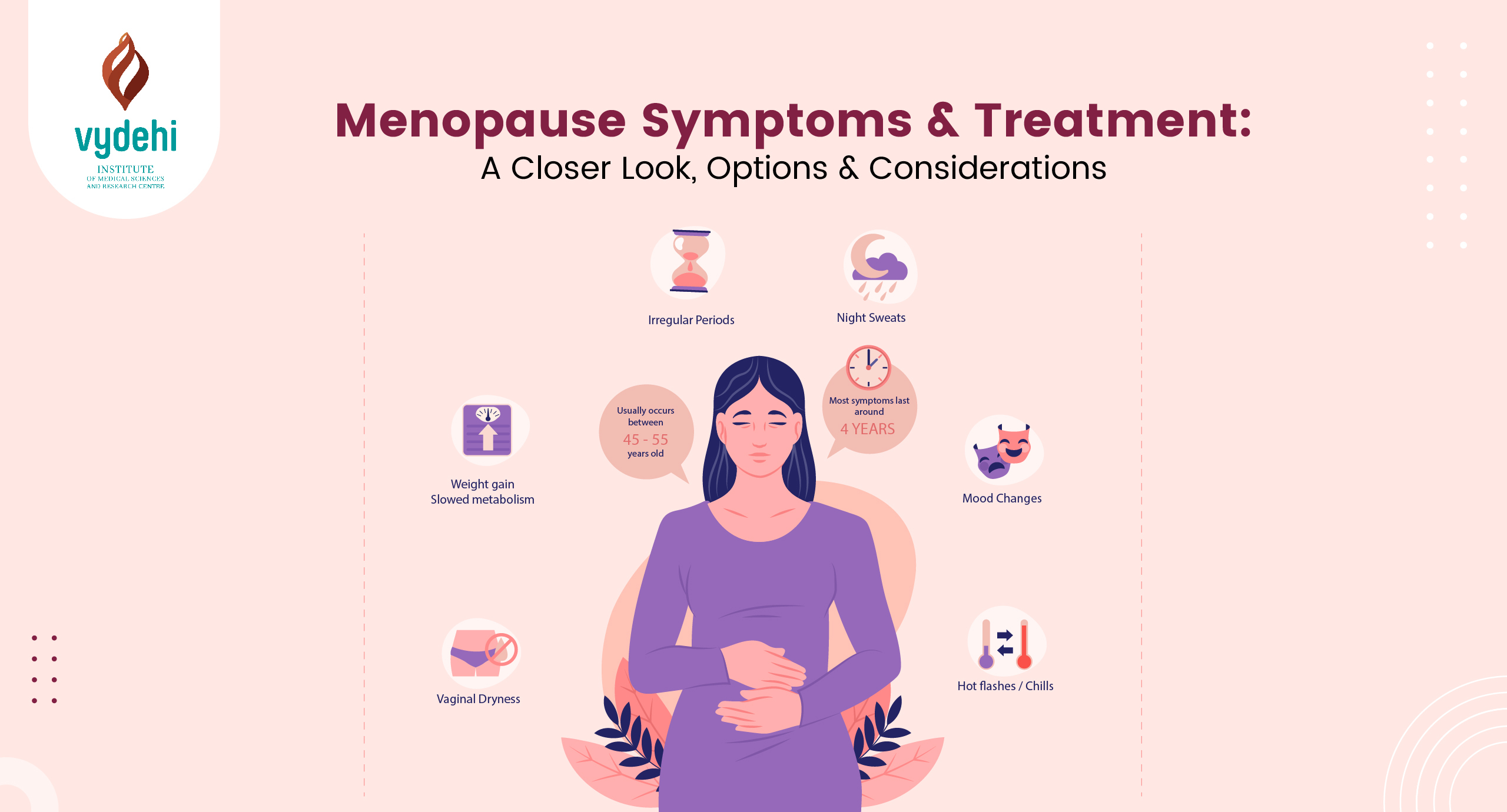

Menopause, a natural phase in a woman’s life, marks the end of her menstrual periods. It occurs when the ovaries cease to produce eggs and estrogen, a key hormone responsible for menstruation. While the average age of menopause is around 51, it can occur earlier or later for some women.
Menopause can be a confusing time for many women, as it often brings with it a range of physical and emotional symptoms. Some common signs of menopause include:
The transition period leading up to menopause is known as perimenopause. During this time, women may experience irregular menstrual cycles, hot flashes, and other menopausal symptoms. Perimenopause can last for several years.
Menopause is primarily caused by the natural decline in ovarian function. However, certain factors can influence the timing of menopause, such as:
While menopause is a natural process, it can sometimes lead to complications, such as:
There are several options available to manage menopause symptoms and improve quality of life. These include:
If you are experiencing bothersome menopause symptoms, it’s important to consult with a healthcare provider. They can help you determine the best course of treatment and address any underlying health concerns.
By understanding menopause and its symptoms, you can take proactive steps to manage your health and well-being during this important life stage.
If you have any concerns, you can visit the Department of Obstetric and Gynecology at Vydehi Insitute of Medical Sciences & Research Center for complete guidance and support. The OBG department at Vydehi Institute of Medical Sciences and Research Center offers comprehensive antenatal, obstetric, and gynecological care with state-of-the-art facilities including ICU, advanced fetal monitoring, ultrasonography, and minimally invasive surgical procedures, supported by 24/7 operation theaters, specialized clinics, and a holistic approach to maternal and women’s health.
Ans: Menopause typically occurs around age 51, but it can start earlier or later for some women. The transition period leading up to menopause is called perimenopause.
Ans: Hot flashes are often the most common and bothersome symptom of menopause. They are sudden feelings of warmth that can cause sweating and flushing.
Ans: If you’re experiencing irregular periods, hot flashes, night sweats, vaginal dryness, mood swings, or sleep disturbances, you may be going through menopause. It’s best to consult with a healthcare provider for a diagnosis.
Ans: Hormone therapy (HT) is often the main treatment for menopause. It involves replacing the hormones estrogen and progesterone. However, non-hormonal treatments and lifestyle changes can also help manage symptoms.

 Emergency Number
Emergency Number
Thank you for addressing this topic! Menopause can be overwhelming, but understanding symptoms like hot flashes and mood swings is crucial to managing this transition.
A very informative post that explains menopause symptoms clearly and offers practical treatment options. Great resource for women navigating this stage!